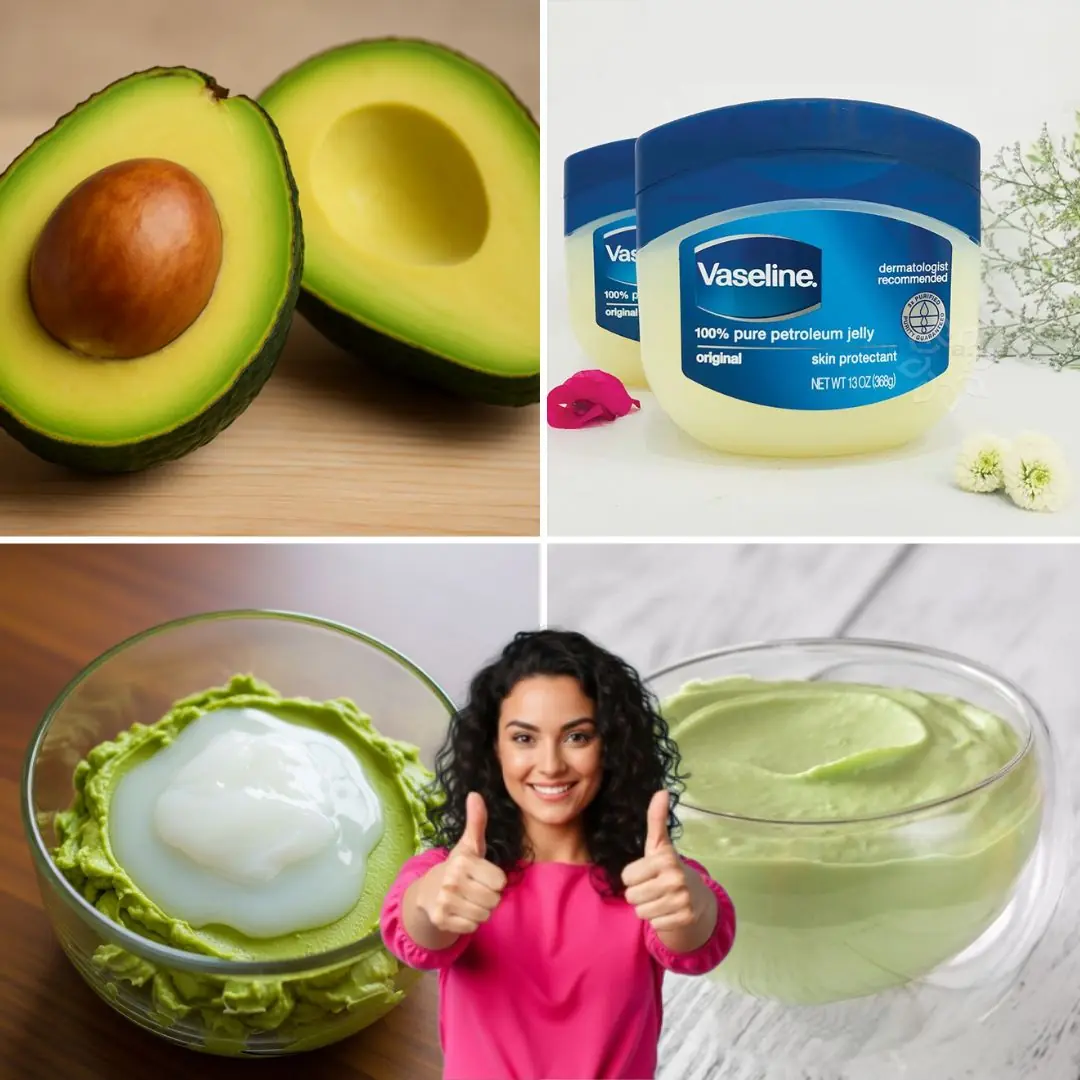
7 Foods That FEED Cancer Cells That You're Eating EVERY DAY!
Cancer remains one of the most formidable health challenges in the world today. While genetics undoubtedly play a role, growing evidence shows that our daily dietary choices can significantly influence our risk of developing cancer. Alarmingly, some of the most common foods found in the average diet may actually support the growth and spread of cancer cells—often without us even realizing it.
Here are 7 everyday foods that could be unintentionally feeding cancer cells, and what you can eat instead to better protect your health..jpg)
1. Refined Sugar and High-Fructose Corn Syrup
Sugar is a key fuel source for cancer cells. Studies show that cancer cells consume glucose at much higher rates than normal cells, allowing them to grow and multiply rapidly. Refined sugars, especially high-fructose corn syrup, can cause dramatic spikes in blood sugar and insulin levels—creating a pro-inflammatory environment ideal for tumor development.
Where it hides: Soft drinks, packaged desserts, sweetened breakfast cereals, flavored yogurts, sauces, and even so-called “healthy” granola bars.
Healthy alternative: Replace refined sugar with natural sweeteners like stevia, monk fruit, raw honey (in moderation), or fresh fruit for natural sweetness without the sugar spike.
2. Processed Meats
The World Health Organization has classified processed meats—including those cured, smoked, or preserved with nitrates—as Group 1 carcinogens, meaning there's strong evidence they can cause cancer in humans. These meats are associated with a higher risk of colorectal, stomach, and pancreatic cancers.
Examples include: Bacon, sausage, hot dogs, deli slices, salami, and jerky.
Healthy swap: Choose fresh, lean cuts of meat, organic poultry, or plant-based protein options such as beans, lentils, tempeh, and tofu.
3. White Flour and Refined Carbohydrates
Refined carbs like white flour are rapidly converted to sugar in the body, causing a spike in insulin and blood glucose. This not only feeds cancer cells but may also promote inflammation and insulin resistance—factors that contribute to cancer progression.
Common culprits: White bread, pasta, crackers, sugary breakfast cereals, and baked goods made with white flour.
Better choices: Opt for whole grains such as quinoa, brown rice, steel-cut oats, barley, and 100% whole wheat products. These offer fiber, antioxidants, and slower digestion to support metabolic health.
4. Hydrogenated Oils and Trans Fats
Trans fats, often found in hydrogenated oils, are widely recognized as harmful to overall health. These fats promote chronic inflammation—a known driver of cancer. They’ve also been linked to obesity, heart disease, and type 2 diabetes, which are all associated with increased cancer risk.
Where they’re found: Packaged snacks, microwave popcorn, margarine, baked goods, and fried fast food.
Smart alternative: Cook with healthy fats like extra virgin olive oil, avocado oil, flaxseed oil, or coconut oil. Also, include omega-3-rich foods like walnuts and chia seeds.
5. Artificial Additives and Food Dyes
Many processed foods contain synthetic additives, including colorings, flavorings, and preservatives, some of which have been linked to tumor growth in animal studies. While human evidence is still emerging, the potential hormonal disruption and immune suppression are concerning.
Watch out for: Brightly colored candies, artificially flavored drinks, packaged snacks, and processed cheese products.
Cleaner option: Choose minimally processed, organic foods with simple, recognizable ingredients. Look for natural colorings from sources like beet juice or turmeric.
6. Alcohol
Excessive alcohol intake is strongly associated with increased risks for cancers of the breast, liver, mouth, esophagus, and colon. Alcohol can damage cellular DNA and interfere with the body’s hormone balance, both of which can trigger cancer development.
Healthy habit: If you drink, do so in moderation. That means up to one drink per day for women and two for men. Consider alcohol-free alternatives like sparkling water with lime or herbal teas to reduce intake.
7. Farmed Fish
Farmed fish are often raised in crowded conditions and may be exposed to antibiotics, pesticides, and industrial pollutants like PCBs—compounds classified as probable carcinogens. These toxins can accumulate in the body over time and contribute to inflammation and immune dysfunction.
Common examples: Farm-raised salmon, tilapia, catfish.
Smarter choice: Choose wild-caught fish rich in anti-inflammatory omega-3 fatty acids, such as wild salmon, mackerel, sardines, and herring.
Final Thoughts: Don’t Feed Cancer—Fight It With Every Bite
Our daily diet has the power to either strengthen our defenses or weaken them. By being more mindful of what we put on our plates, we can create an internal environment that resists disease rather than supports it.
✅ Nourish your body with cancer-fighting foods: Load up on cruciferous vegetables (like broccoli and cauliflower), berries, garlic, turmeric, leafy greens, nuts, seeds, and high-fiber whole foods.
Every small change counts. By avoiding these cancer-promoting foods and choosing nutrient-dense alternatives, you take an active step toward a healthier, more resilient body—one meal at a time.
News in the same category

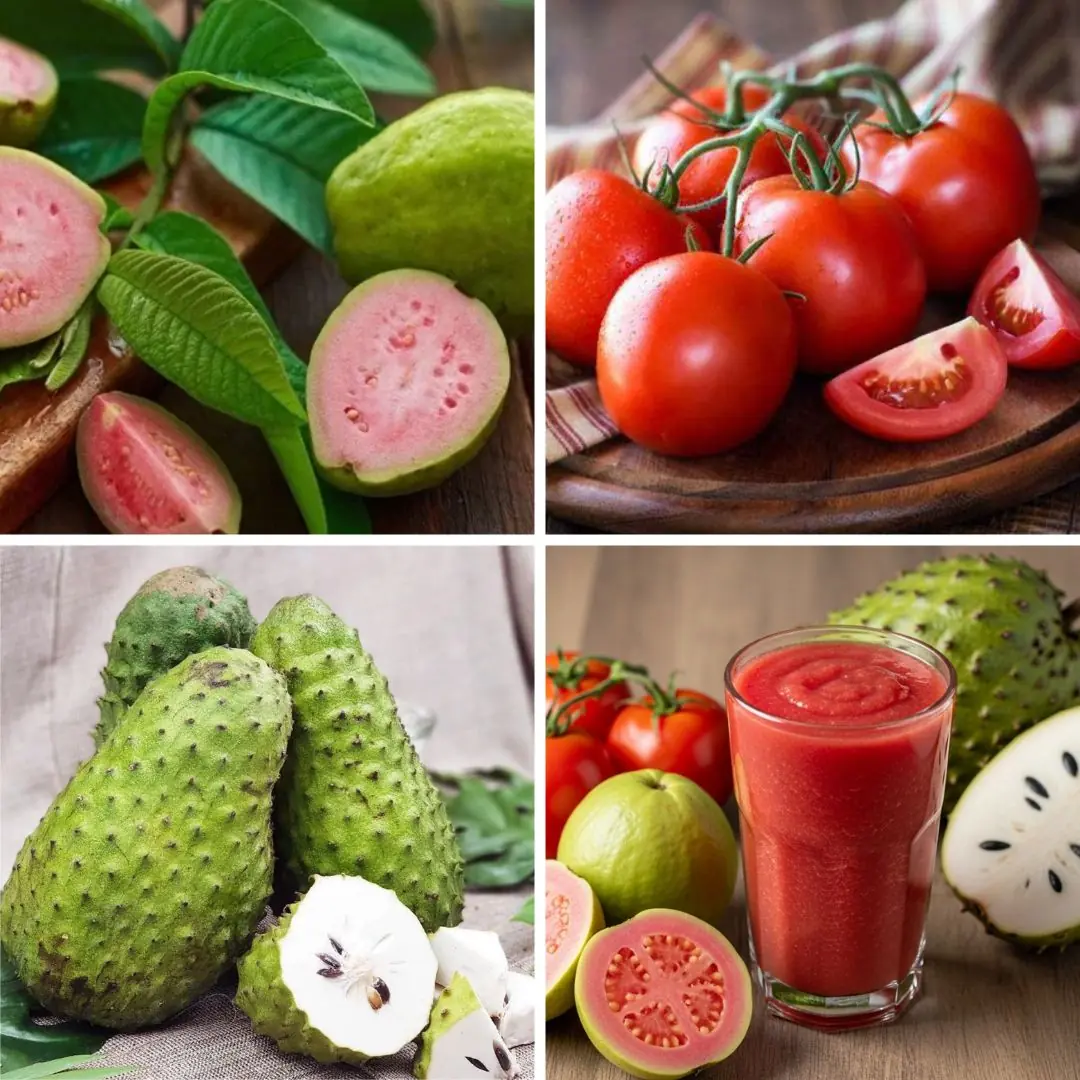
The Drink That Will Empty Hospitals in 2025: It Cures Cancer, Diabetes, and High Blood Pressure Without Pills
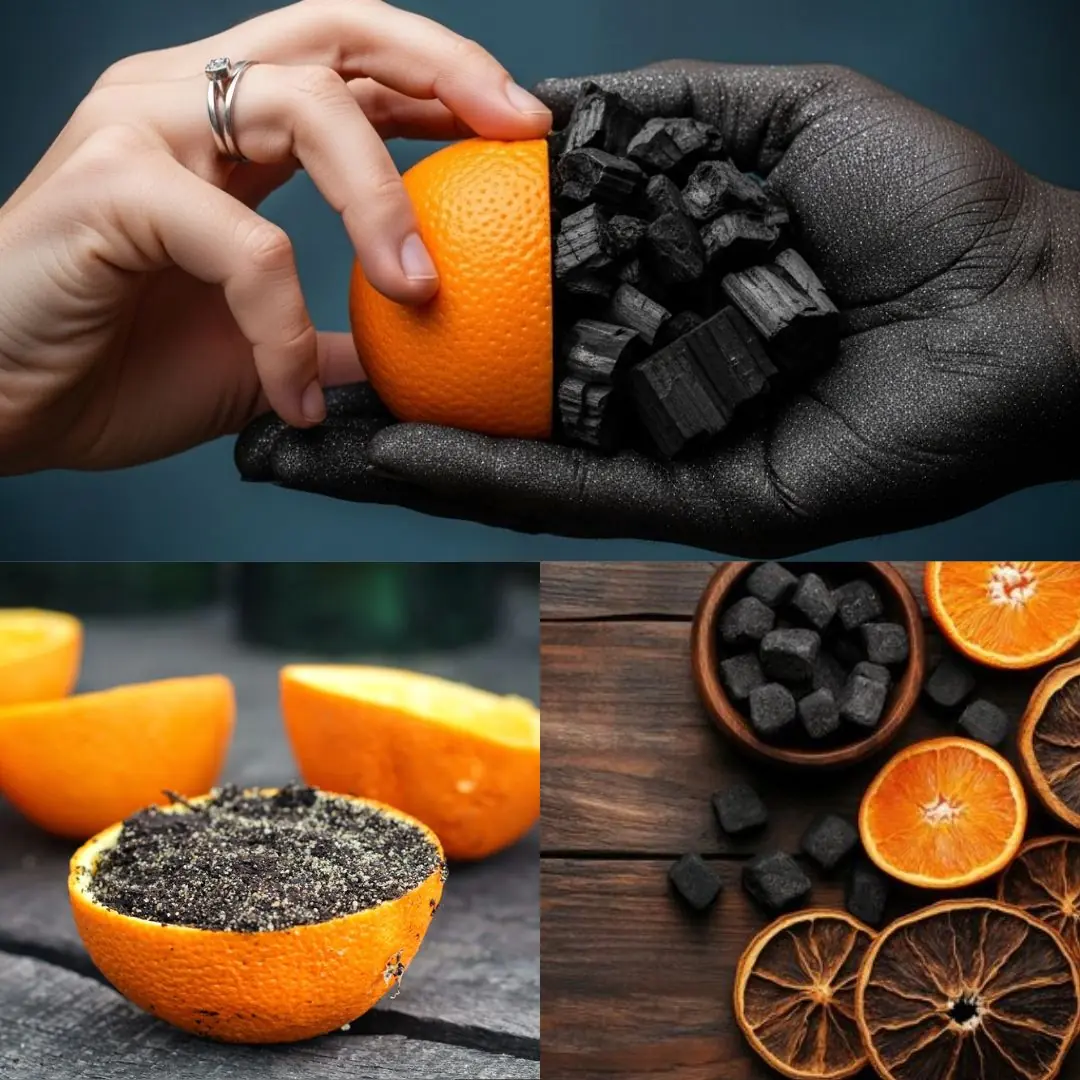
The Real Benefits of Mixing Lemon with Activated Charcoal
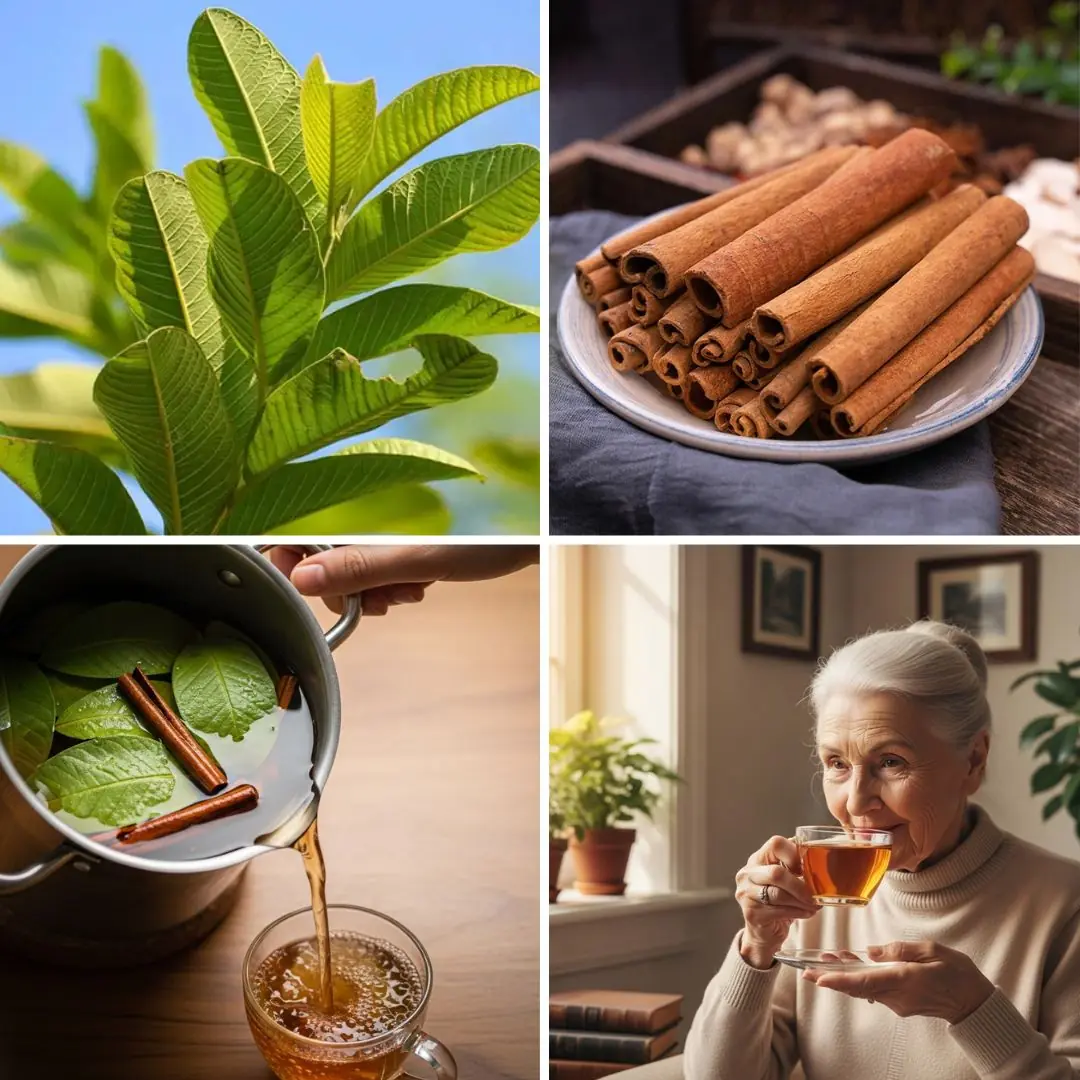
Guava Leaf Tea + Cinnamon: 13 Health Benefits You Can't Miss by Drinking Every Day
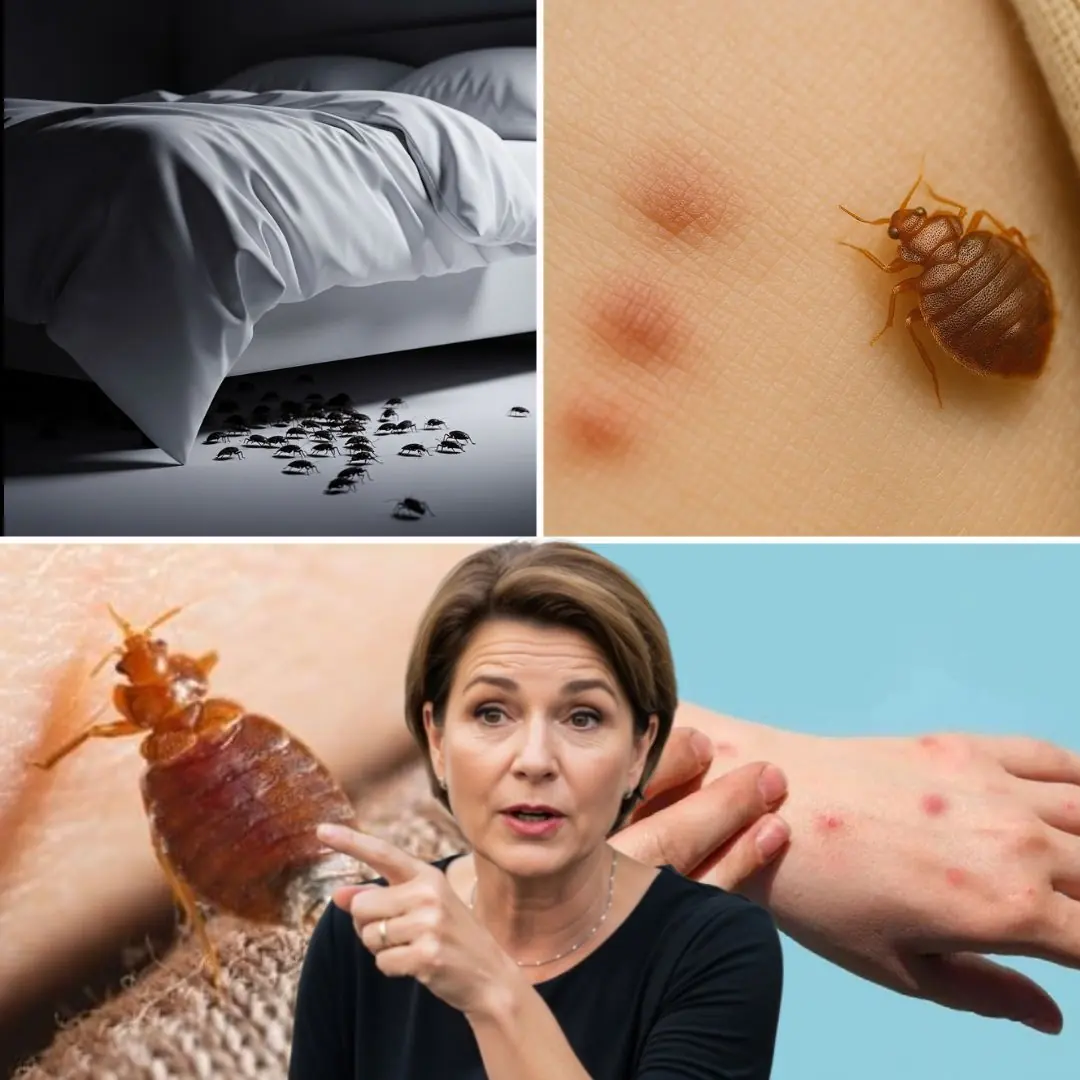
Know Your Rights as a Tenant or Resident

A Healing Sip from the Past: The Gentle Power of Rice, Ginger, and Perilla Leaf Tea

Goldenberries (Physalis peruviana): A Nutrient-Rich Superfruit for Better Health, Vision, and More

The Surprising Benefits of Drinking Turmeric Water at Night: 8 Reasons You Should Make It a Habit Today 🌙
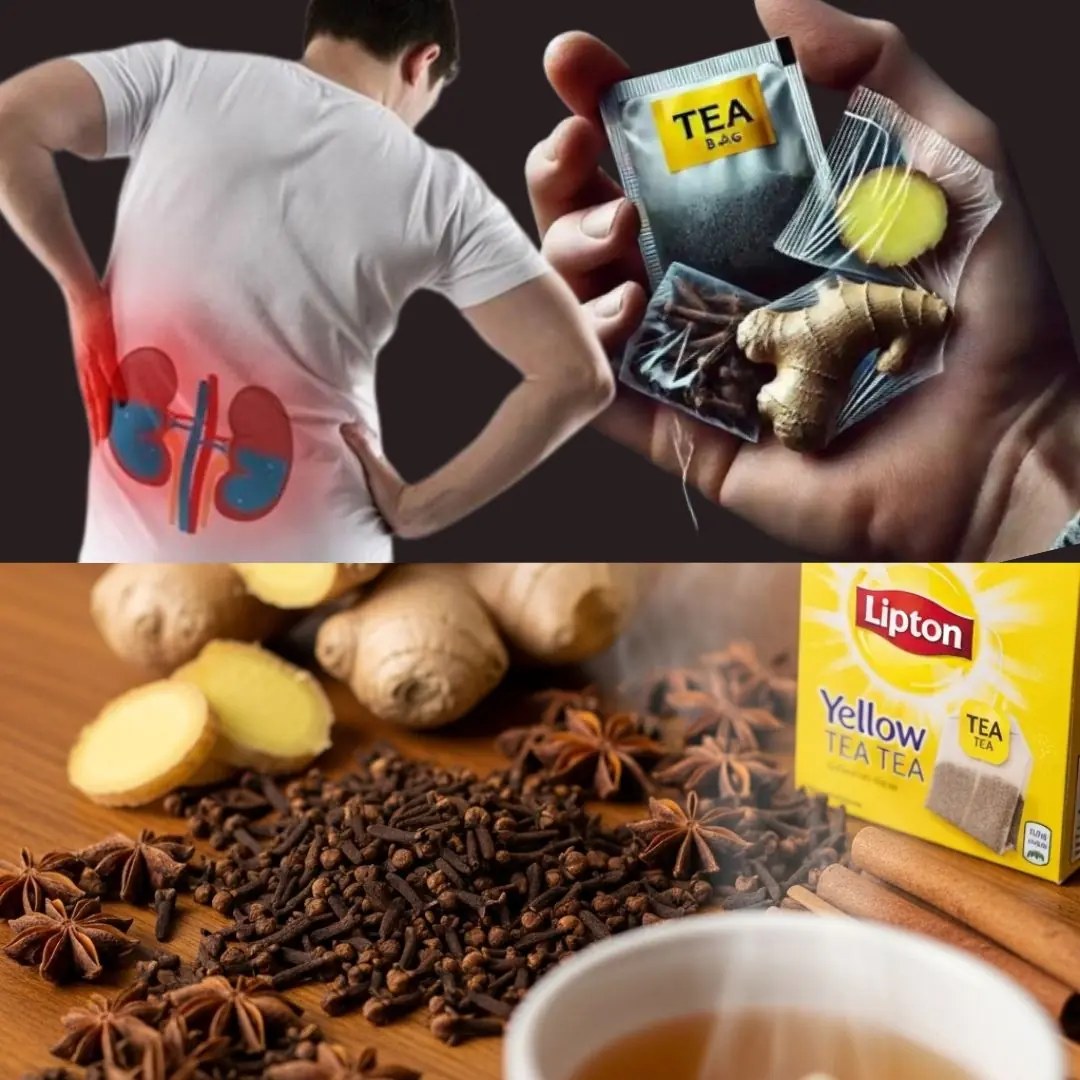
Cloves, Ginger, and Lipton Tea: A Health-Boosting Trio Worth Gold
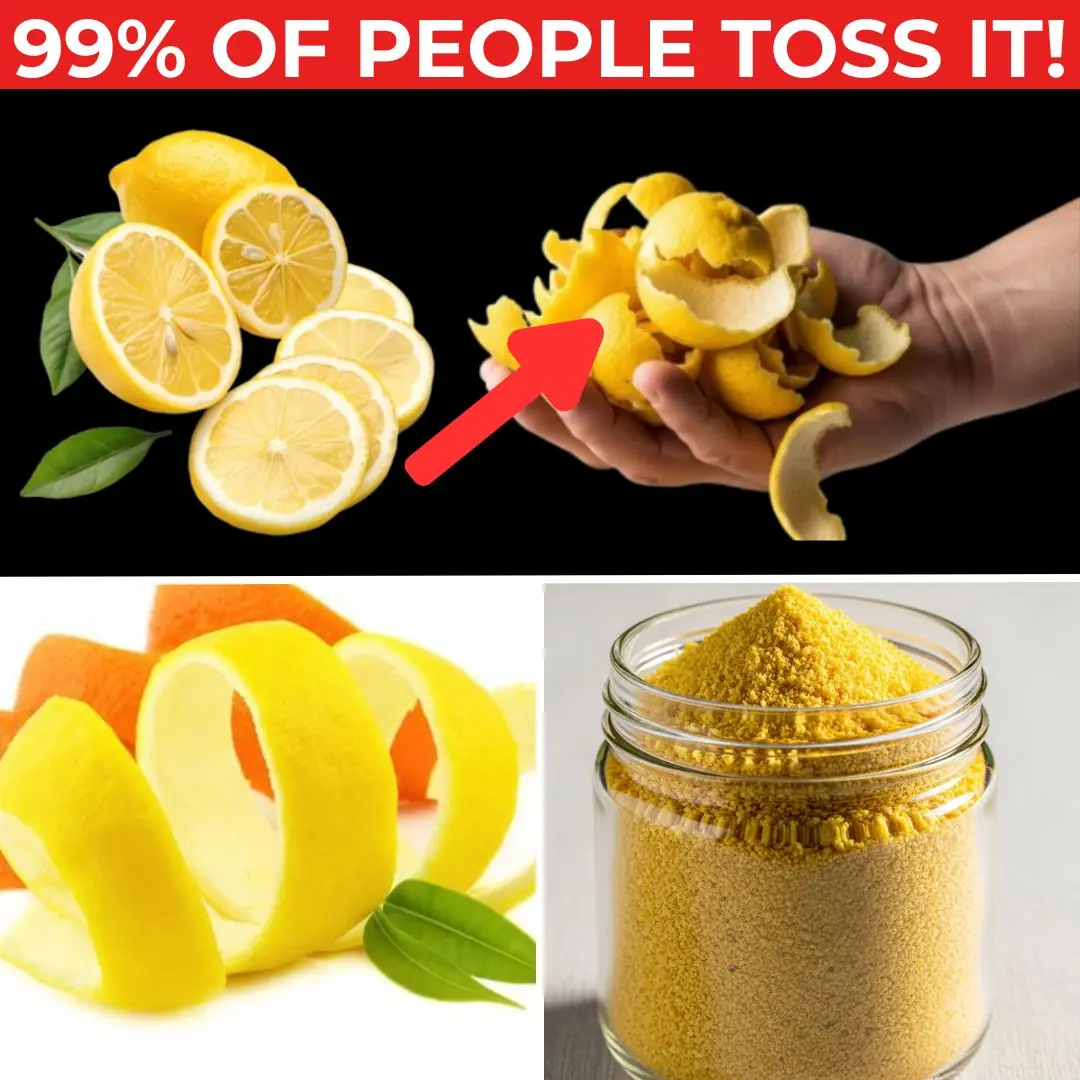
Never Throw Away Lemon Peels Again: 12 Unusual Ways to Use Them
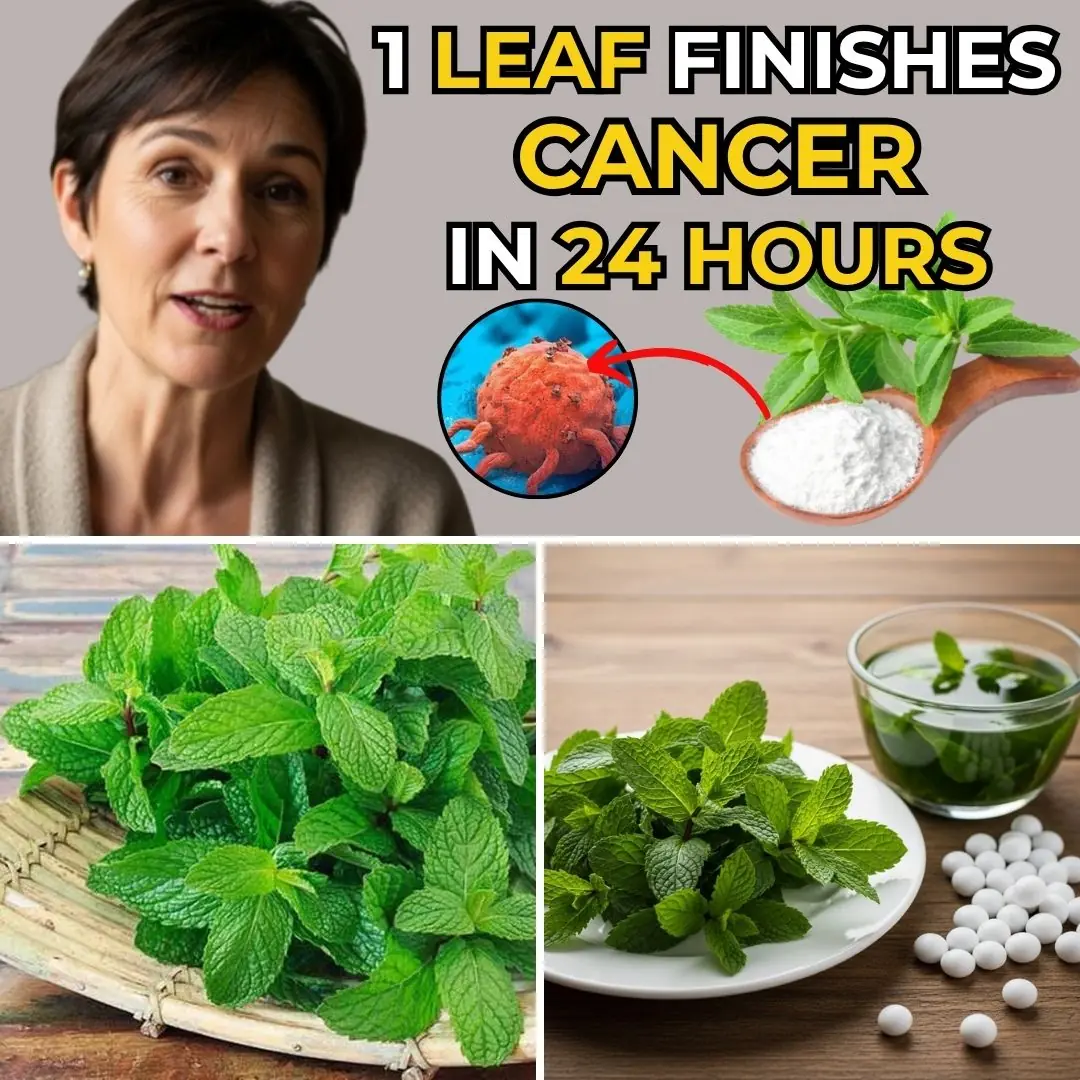
How People Over 50 Can Supplement Fiber for Better Health
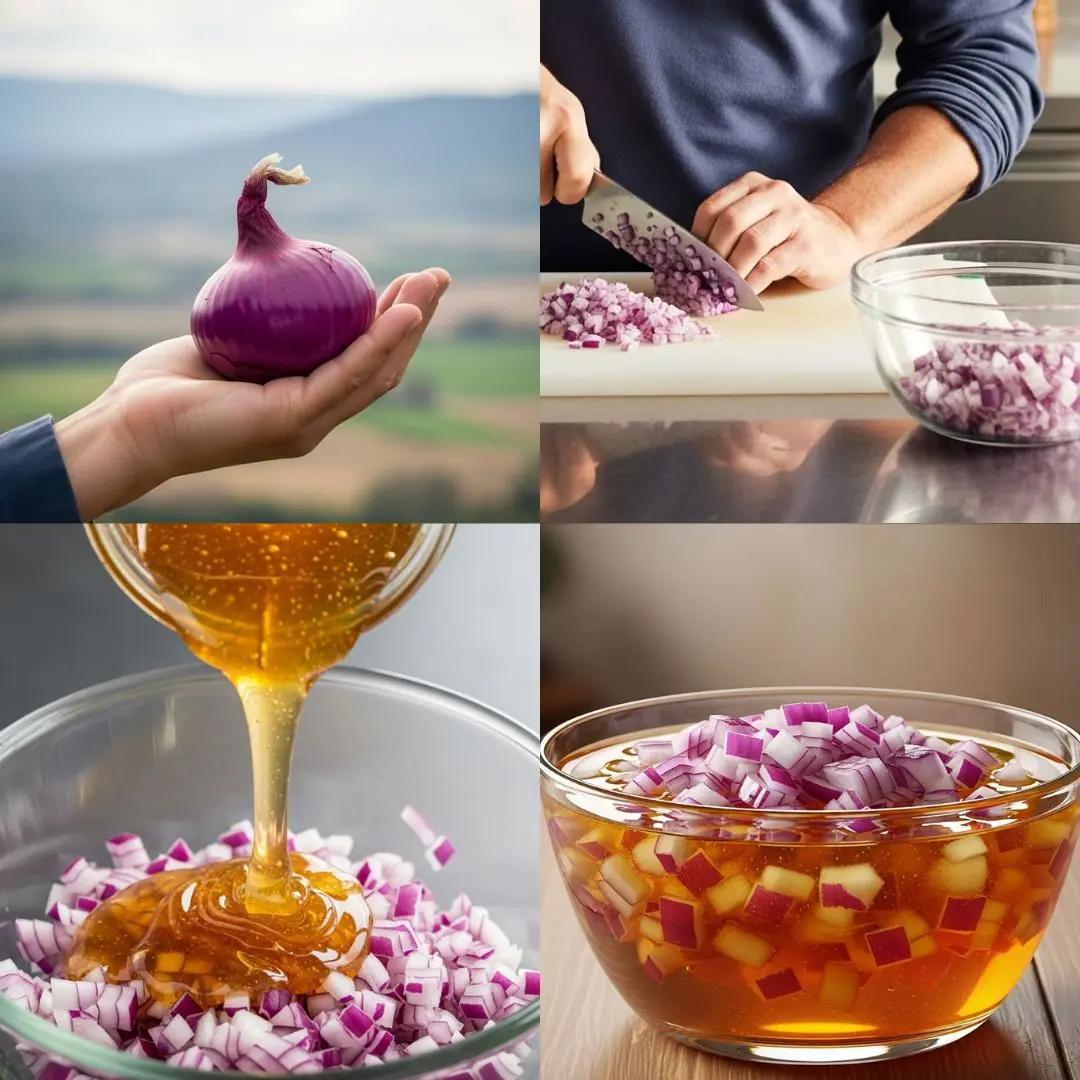
Unleash Your Inner Alpha: The Natural Nighttime Boost You Need
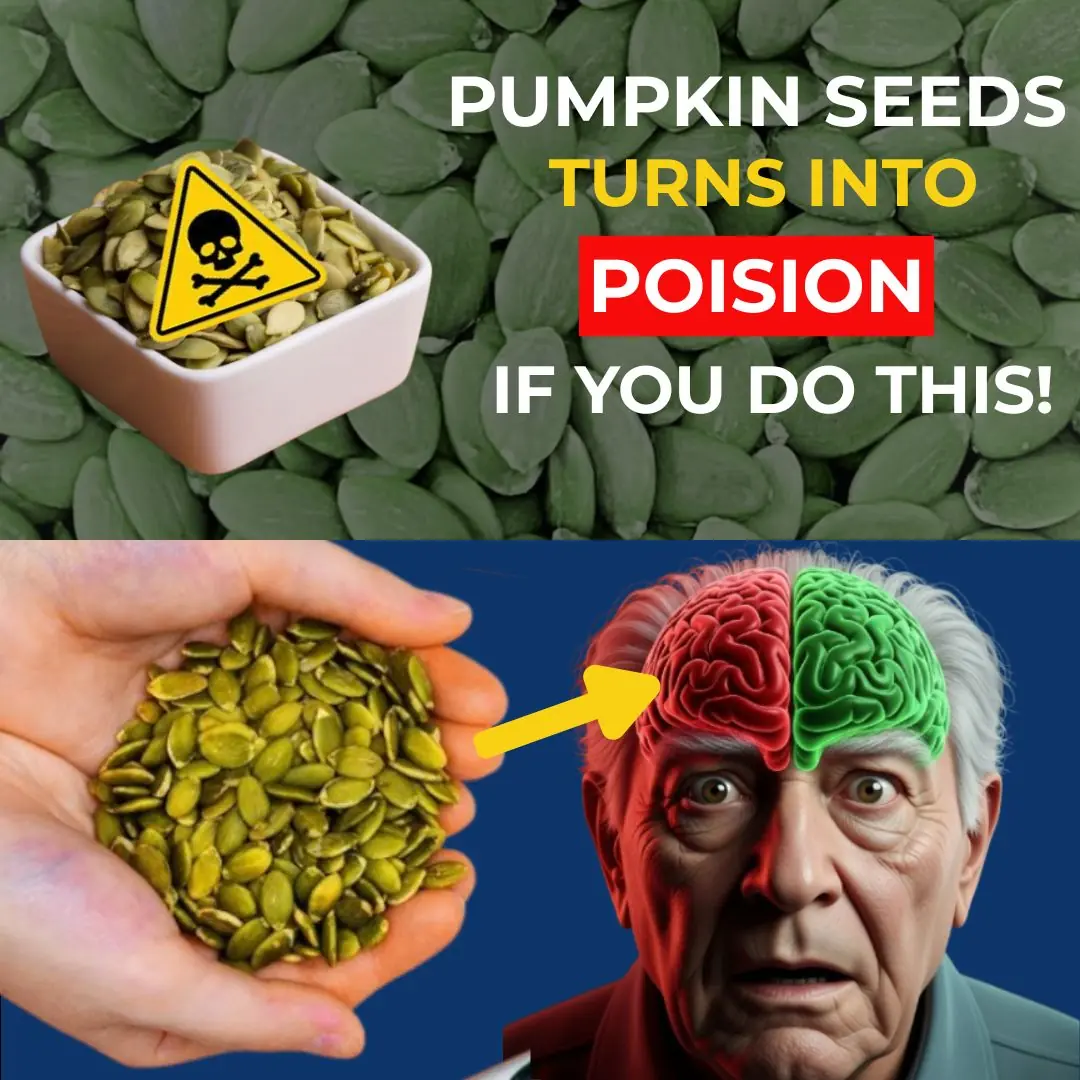
Stop Now! These 8 Pumpkin Seed Mistakes Trigger Irreversible Reactions in Your Body
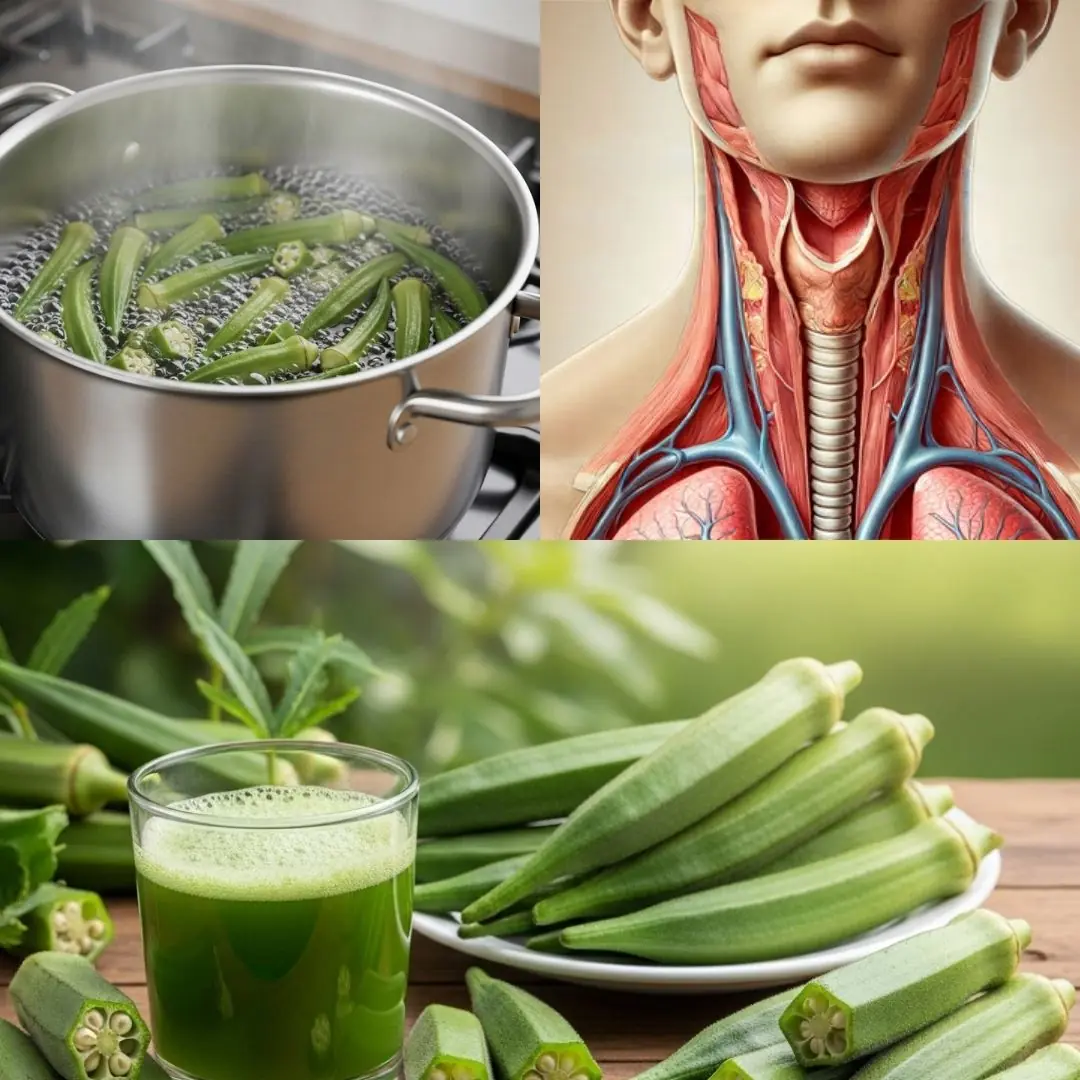
7 Surprising Health Benefits of Okra You Need to Know
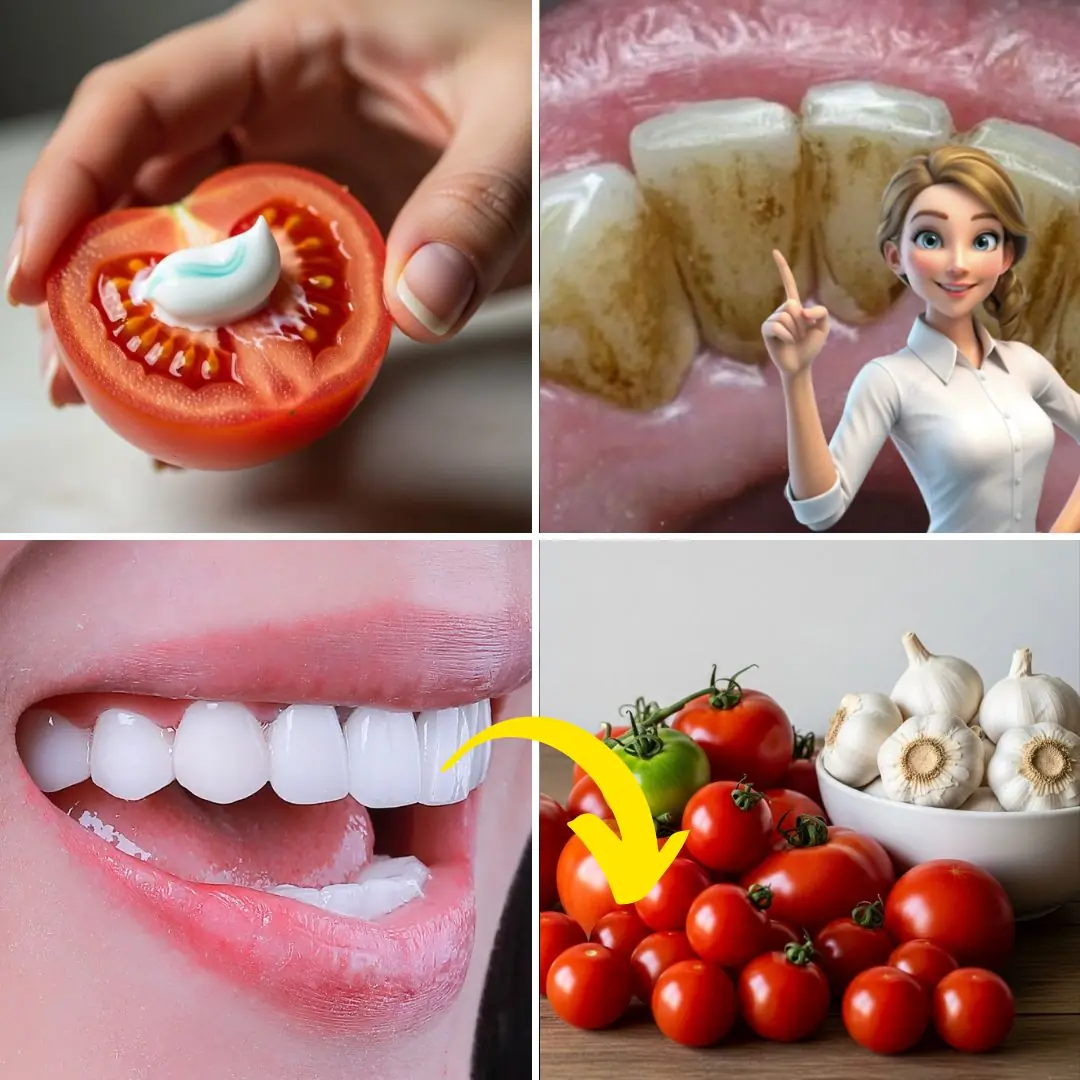
The Secret to a Whiter Smile: A Simple Tomato-Based Teeth Whitening Recipe

🛑 The MOST DANGEROUS Sleep Position You Never Knew! | Boost Your Sleep Instantly
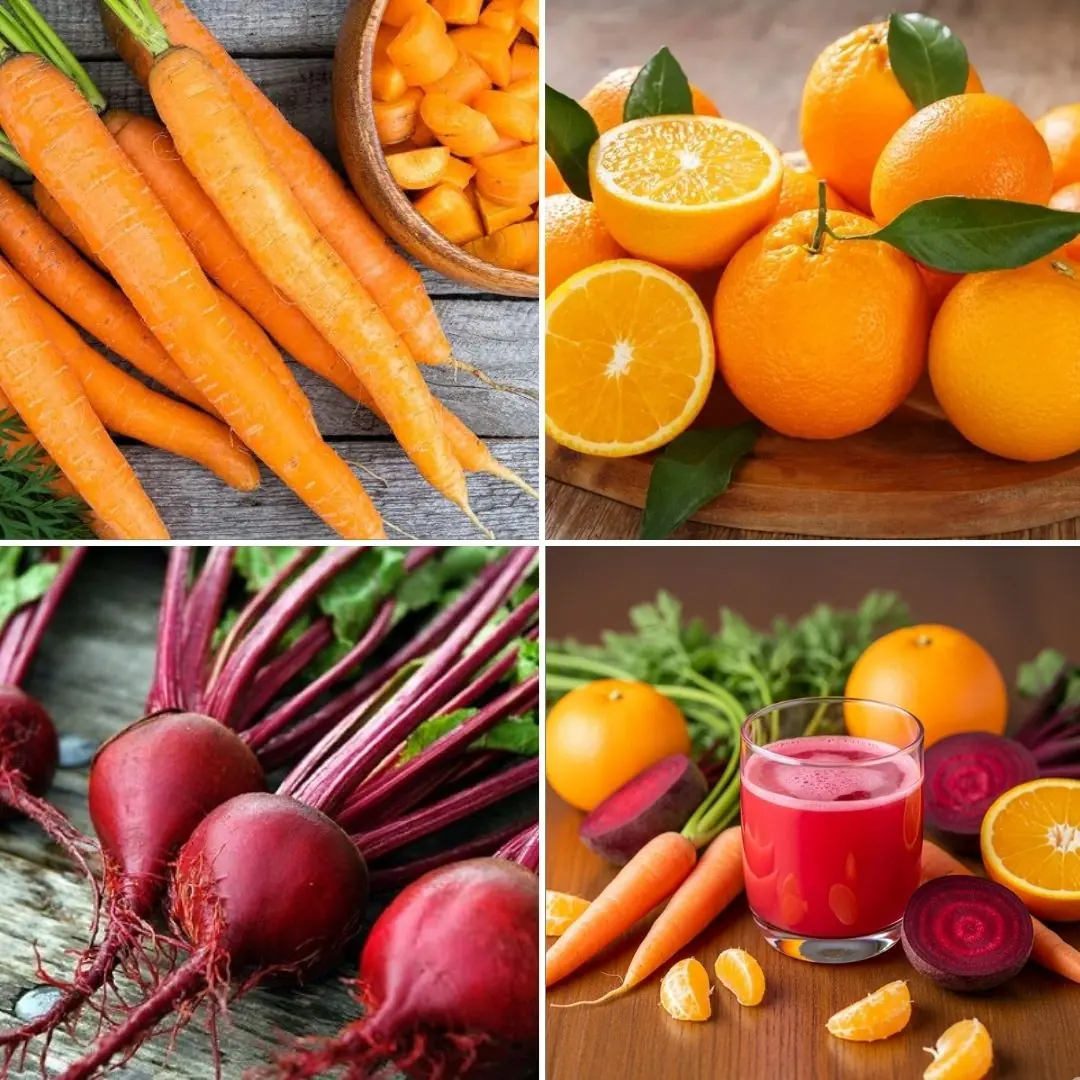
Say Goodbye to Fatty Liver, Blurry Vision, and Anemia with This Powerful Natural Drink
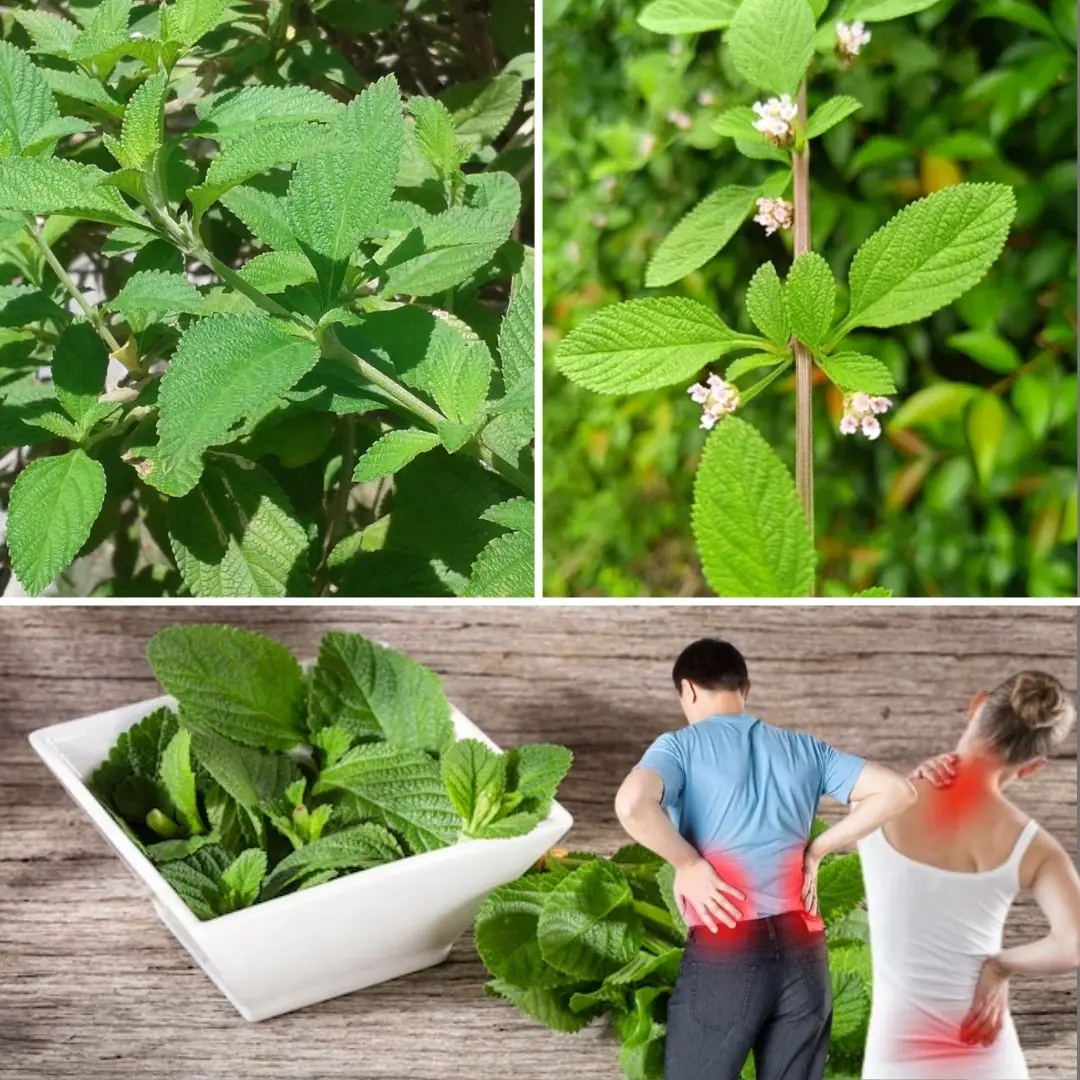
Pronto Alivio: Benefits, Medicinal Uses, and How to Prepare Its Infusion
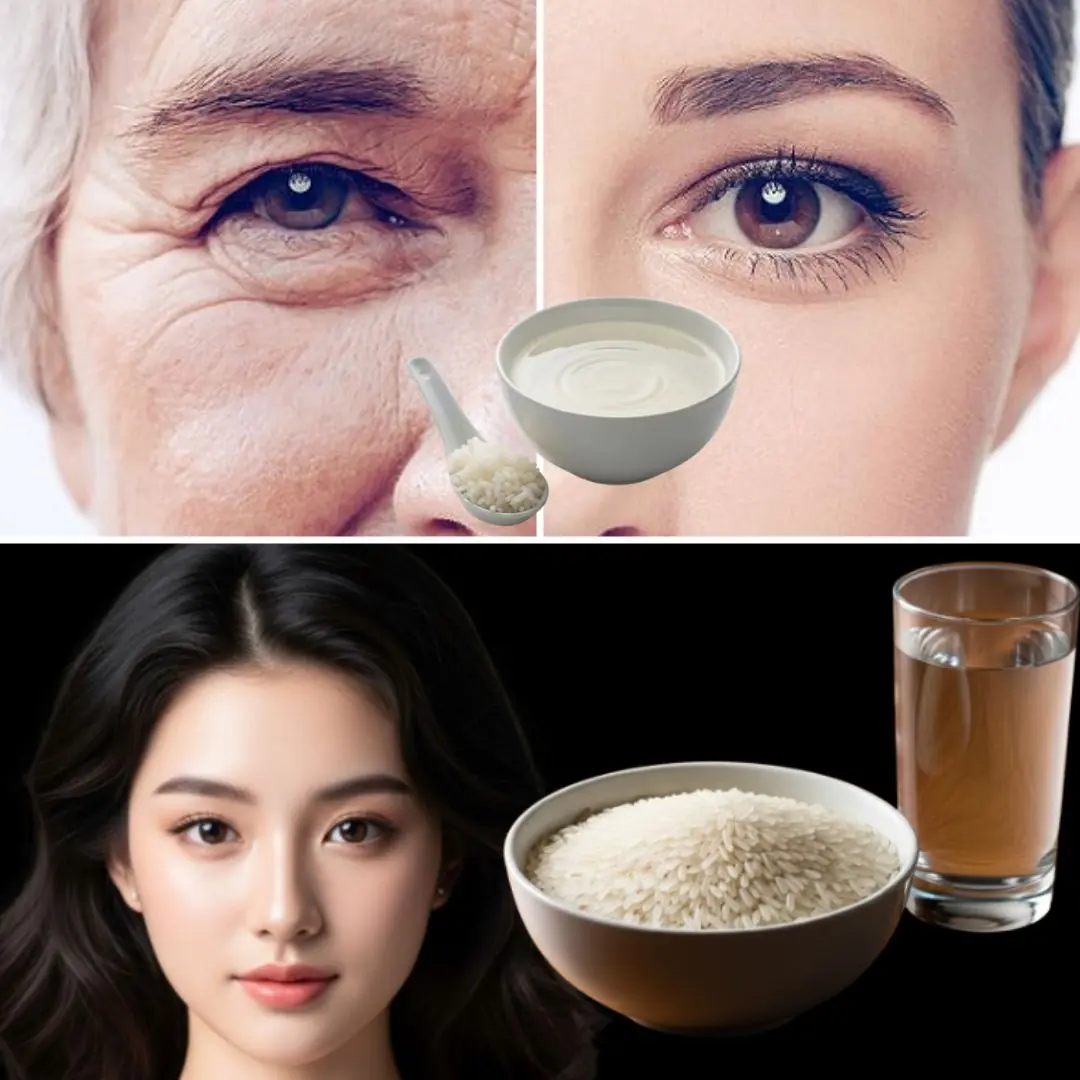
Mix Rice and Water and the Wrinkles Will Disappear! 🌟 Rice Mask for Glowing Skin
News Post

— Hello, Lena! — Angelina saw her acquaintance and waved

The queue at the clinic was moving very slowly. Elderly ladies went into the ENT doctor’s office and disappeared there for almost an hour

The Hidden Power of Avocado Seeds: 12 Health Benefits and How to Use Them

The Drink That Will Empty Hospitals in 2025: It Cures Cancer, Diabetes, and High Blood Pressure Without Pills

The Real Benefits of Mixing Lemon with Activated Charcoal

My Wife's Evening Walks Were Always a Mystery—Until I Followed Her and Discovered the Truth

My Daughter-in-Law Started Dropping Off the Kids During My Book Club — So I Taught Her a Lesson in Respect She Won’t Forget

Guava Leaf Tea + Cinnamon: 13 Health Benefits You Can't Miss by Drinking Every Day

I Secretly Learned Sign Language to Connect with My Future In-Laws — But Discovered a Life-Changing Secret Instead

The Silent Boy We Called Ours — Until His First Words Unraveled a Devastating Truth

My Mother-in-Law’s Dog Turned My Life Upside Down — So I Fought Back with One Brilliant Move

He Stole the Inheritance Our Grandmother Left Me — But Fate Had a Better Plan Than Revenge"

Know Your Rights as a Tenant or Resident

A Healing Sip from the Past: The Gentle Power of Rice, Ginger, and Perilla Leaf Tea

Goldenberries (Physalis peruviana): A Nutrient-Rich Superfruit for Better Health, Vision, and More

Afraid of Surgery, the Woman Used This for 6 Years to Shrink Her Tumor Based on a Tip – Oncologist’s Four Words Left Everyone Stunned
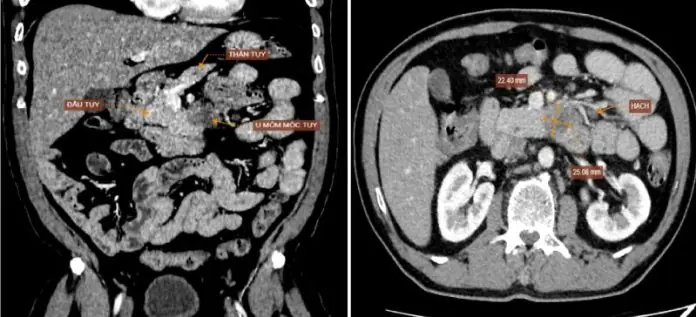
Discovered to Have One of the Deadliest Cancers After Just One Warning Sign

The Surprising Benefits of Drinking Turmeric Water at Night: 8 Reasons You Should Make It a Habit Today 🌙
